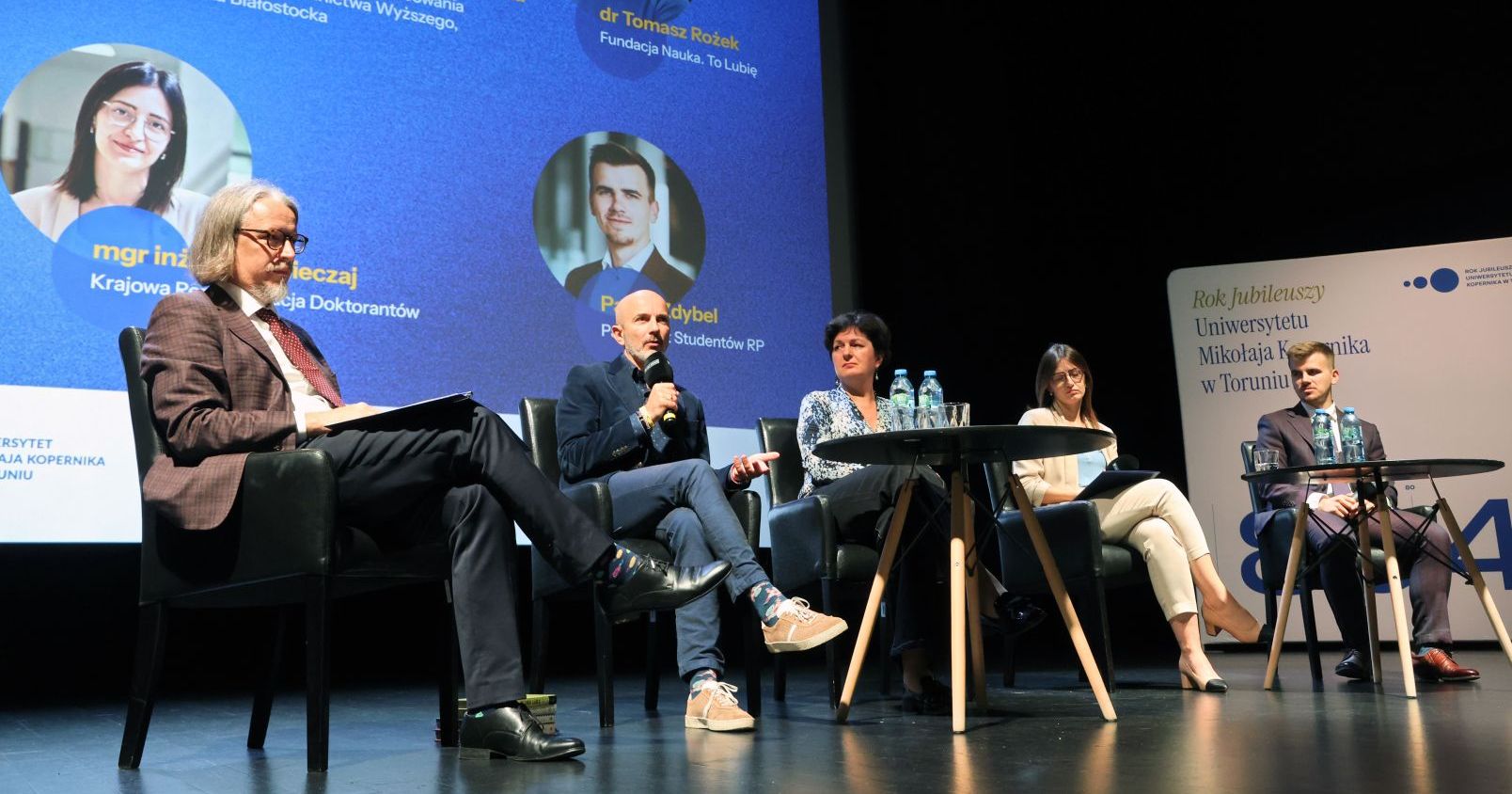 Campus life
Campus life
The power of young science
How to support the development of young science? – this was the key question of the academic debate that took place on 16 September at the Academic Centre for Culture and Art 'Od Nowa'. The special guest of the meeting was Dr Tomasz Rożek, science populariser and president of the Nauka. To Lubię Foundation.
The Nicolaus Copernicus University in Toruń initiated the 'Young Science' project with an academic debate. This undertaking responds to the growing challenges faced by young researchers. Its aim is to provide an in-depth diagnosis of the situation of the young generation beginning their academic adventure and to create a space for dialogue within the community. In the first stage of the project, quantitative and qualitative research is being conducted among undergraduate and doctoral students. Based on all the activities carried out, recommendations will be made to entities in the higher education and science sector, which will allow for the creation of more favourable conditions for the development of research careers in Poland.
The guest at the meeting in Od Nowa was dr Tomasz Rożek, a physicist and science populariser, who gave a power speech on science in Poland before the debate. As he argued, the choice of educational path begins at an early age, in nursery and primary school, when children choose what interests them most. 'We, as humans, have curiosity and a desire to learn in our genes. It changes as our brains develop, but it stays with us throughout our lives,' assured the speaker.
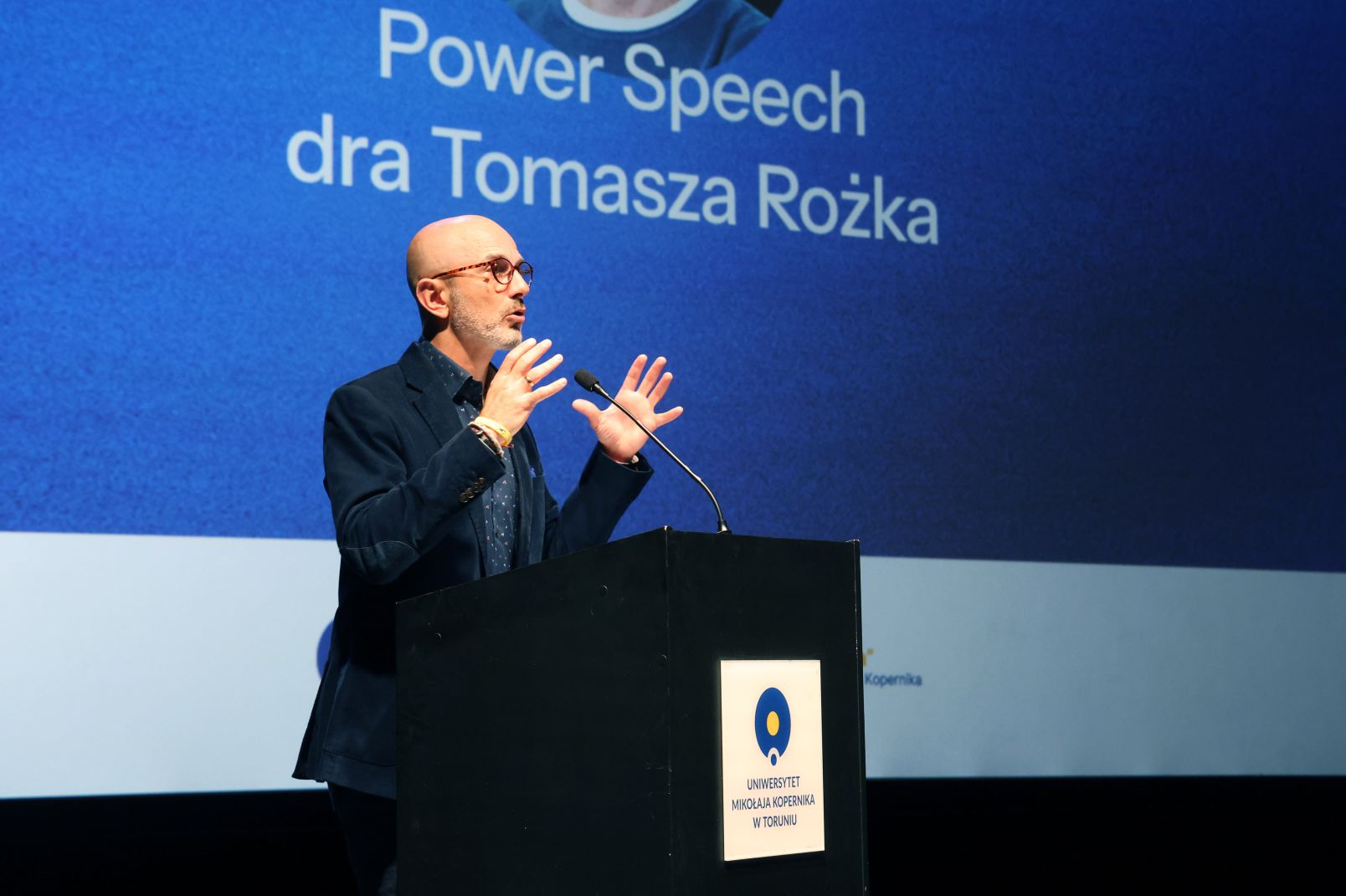
Andrzej Romański
The lecture focused, among other things, on strategic directions for the development of young science. Interdisciplinary research and funding for science are particularly important for the development of the Polish economy. Dr Tomasz Rożek noted that national decision-makers should view increasing the budget for this sector not as a cost, but as an investment. A good contribution to the development of education, including higher education, would be to change study programmes in such a way as to enable greater interdisciplinarity.
If we were to consider the main factors that shape our reality, some of you would mention climate change, others would talk about artificial intelligence, noted dr Rożek. 'Each of us could name a dozen or so more. Which of these does the school teach about? None, because they cannot be fitted into specific tunnels. The problem is that we have become so accustomed to these divisions that they are beginning to rule us,' he concluded.
The topics raised by Dr Tomasz Rożek in his speech were also continued during the debate 'How to take care of young Polish science?', which was attended by Prof. Agnieszka Dardzińska-Głębocka from the Białystok University of Technology, mgr inż. Anna Nieczaj from the National Representation of Doctoral Students, Paweł Zdybel from the Polish Student Parliament, and dr Tomasz Rożek. The entire meeting was moderated by dr habil. Adam Kola, NCU Prof. and Vice-Rector for Science. The debate was an important voice in the discussion on the relationship between science and society, especially in the context of the crisis of trust in knowledge.
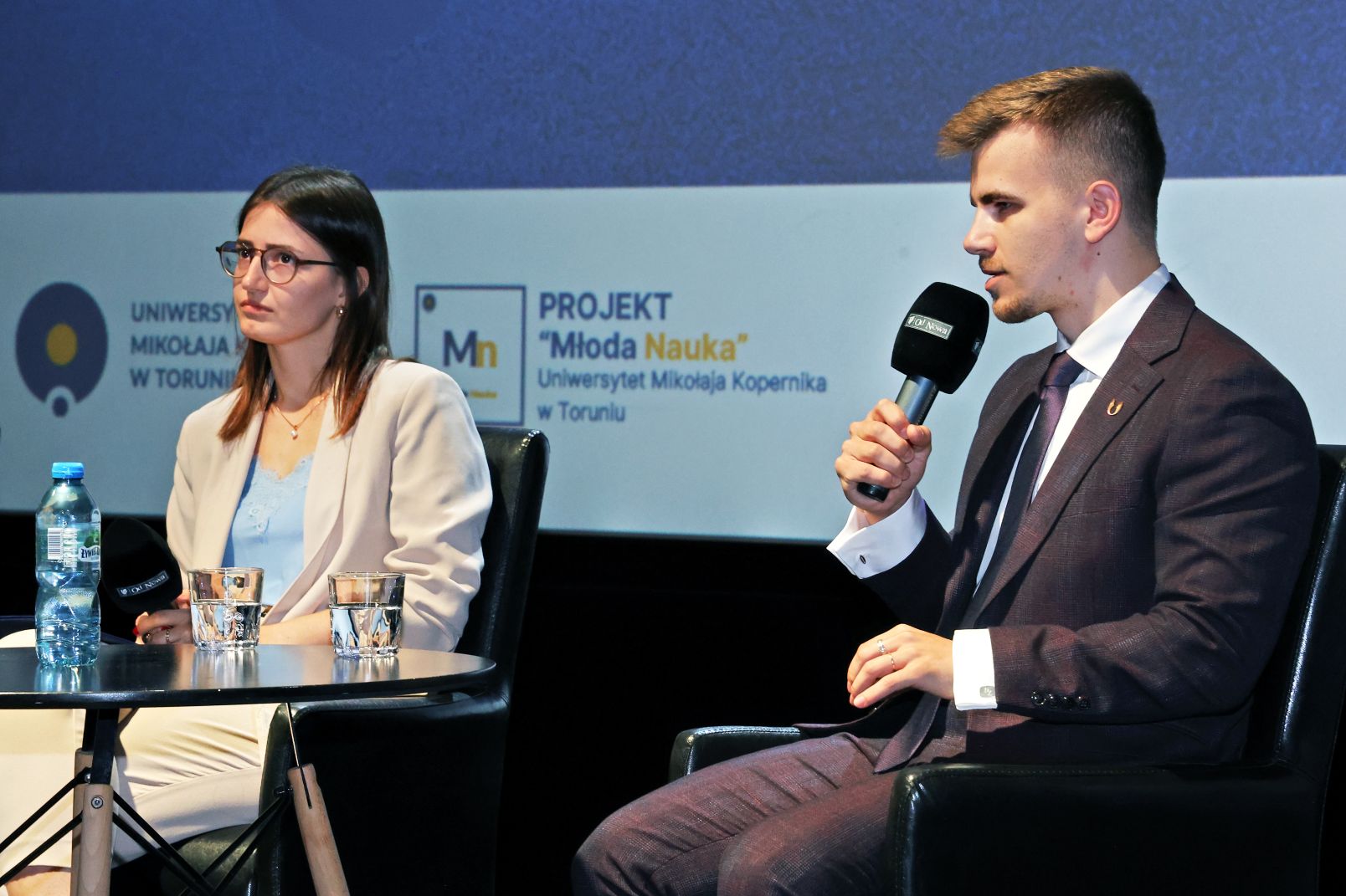
Andrzej Romański
During the discussion, attention was also drawn to financial factors in education, including support programmes for young people conducting their own research. Some universities have a budget that supports the development of early-career researchers. Additional funding enables not only the purchase of necessary research tools, but also academic exchanges at home and abroad. One of the opportunities for young people to develop is the ministerial programme Initiative of Excellence – Research University, as part of the additional subsidy goes to students and doctoral students in the form of grants.
Prof. Dardzińska-Głębocka, as chair of the Team for the Development of a Higher Education Strategy, discussed the findings concerning the directions of development for universities in Poland.
In our higher education development strategy, we place great emphasis on the development of competences, including social and ethical ones, emphasised Prof. Agnieszka Dardzińska-Głębocka. The development strategy is firmly rooted in the context of the younger generation, and we want young people to be open to the world and to be part of change.
The guests agreed that dialogue with the younger generation is essential. Representatives of undergraduate and doctoral students pointed out that today it is important to popularise science and treat available technologies and social media as tools for promoting research – not only to discuss its results, but also to encourage and inspire young generations to engage in the creation of science.
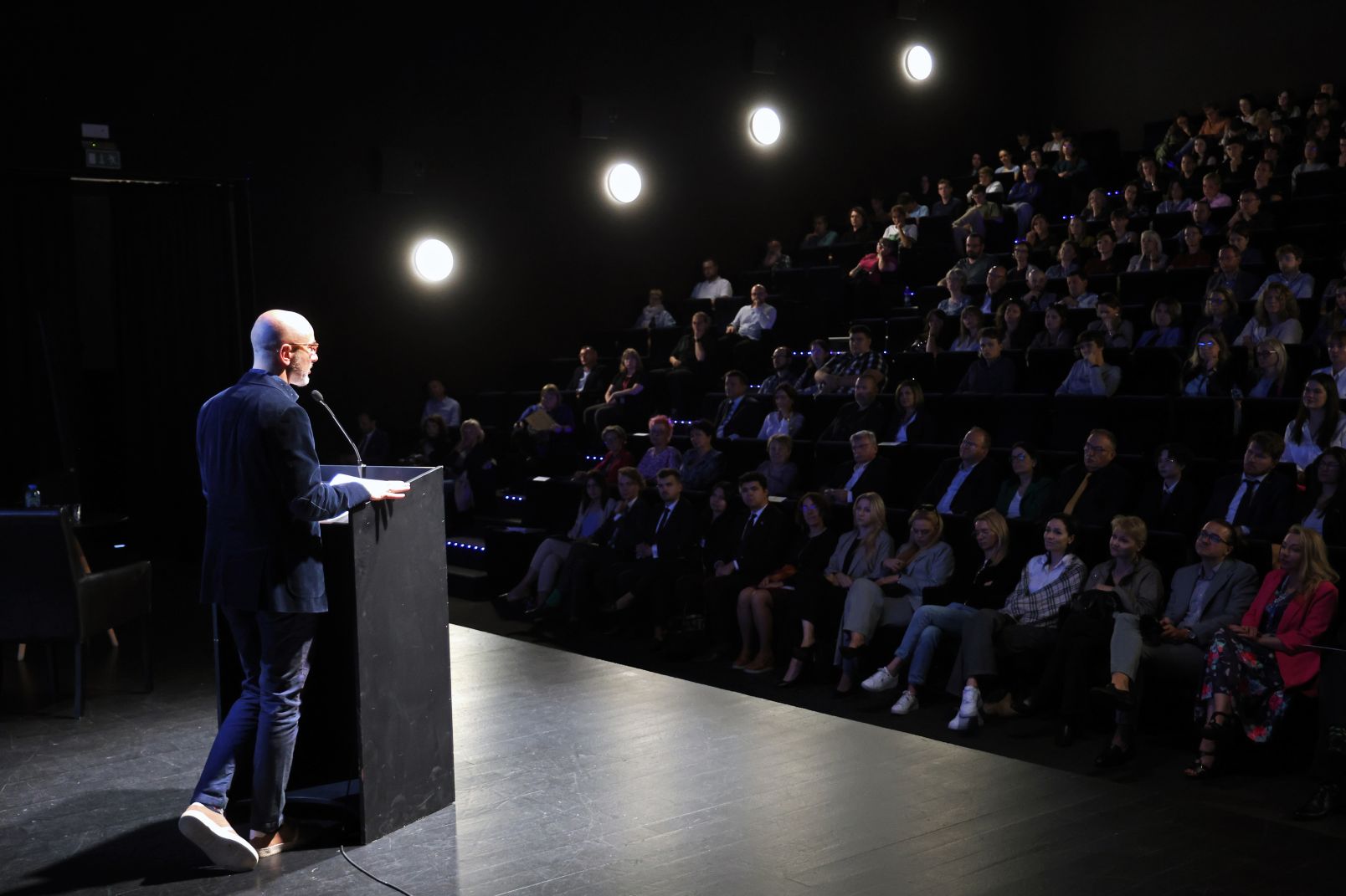
Andrzej Romański
The event was attended by, among others, students of the University High School and vice-rectors of universities with a broad profile involved in science and research, who participated in the meeting of the University Science Committee. The three-day meeting of the University Science Committee. was hosted by the Nicolaus Copernicus University in Toruń.
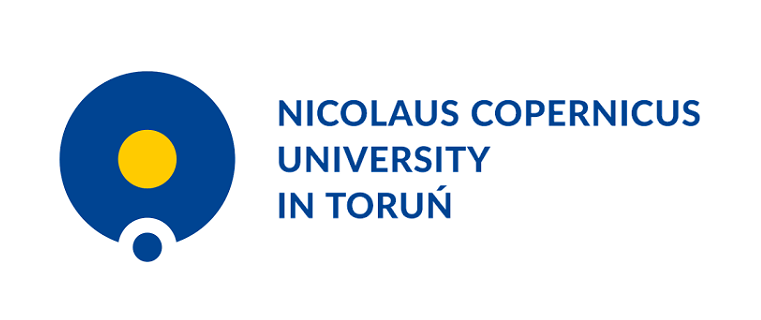 NCU News
NCU News






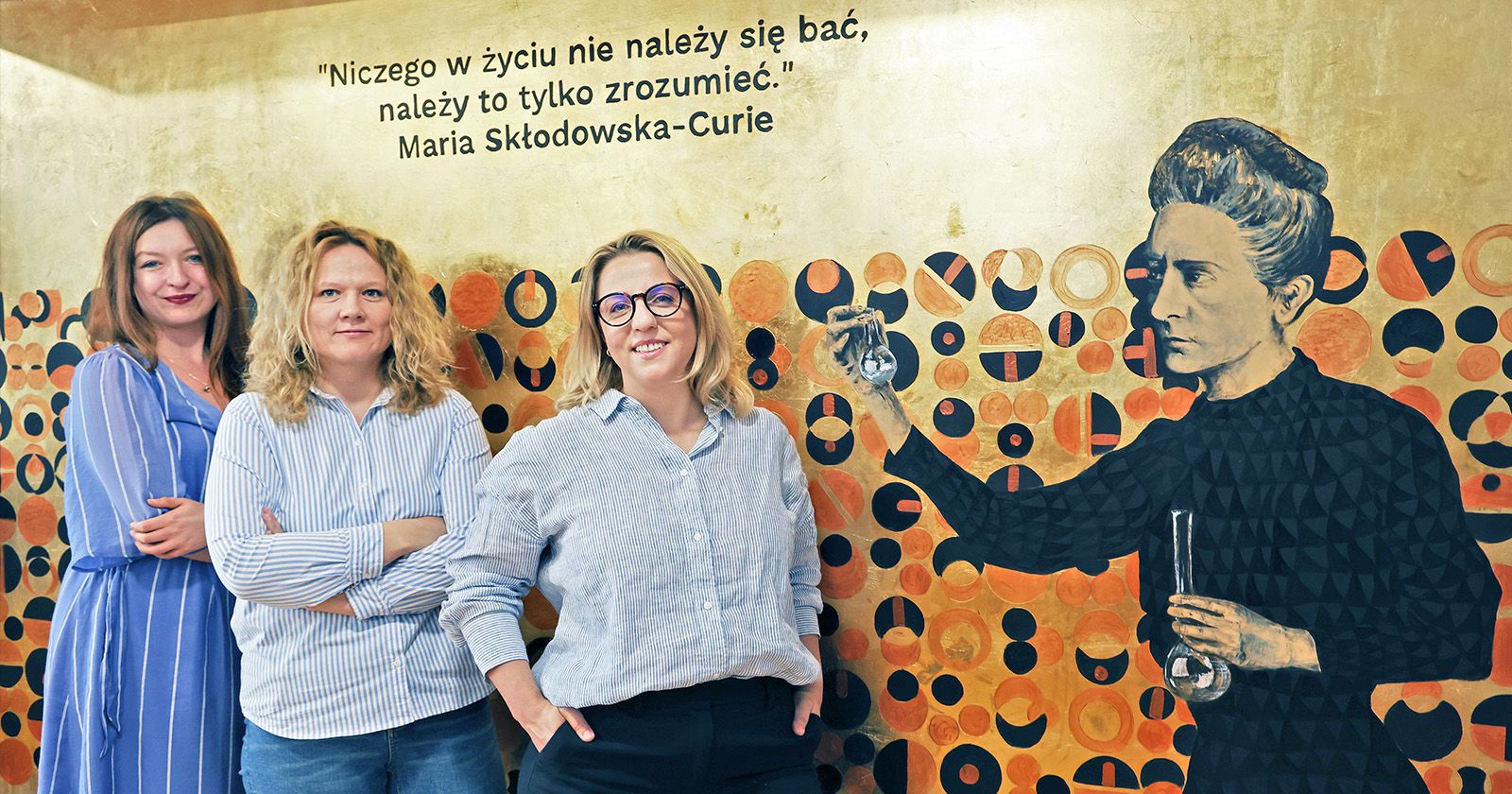 Campus life
Campus life
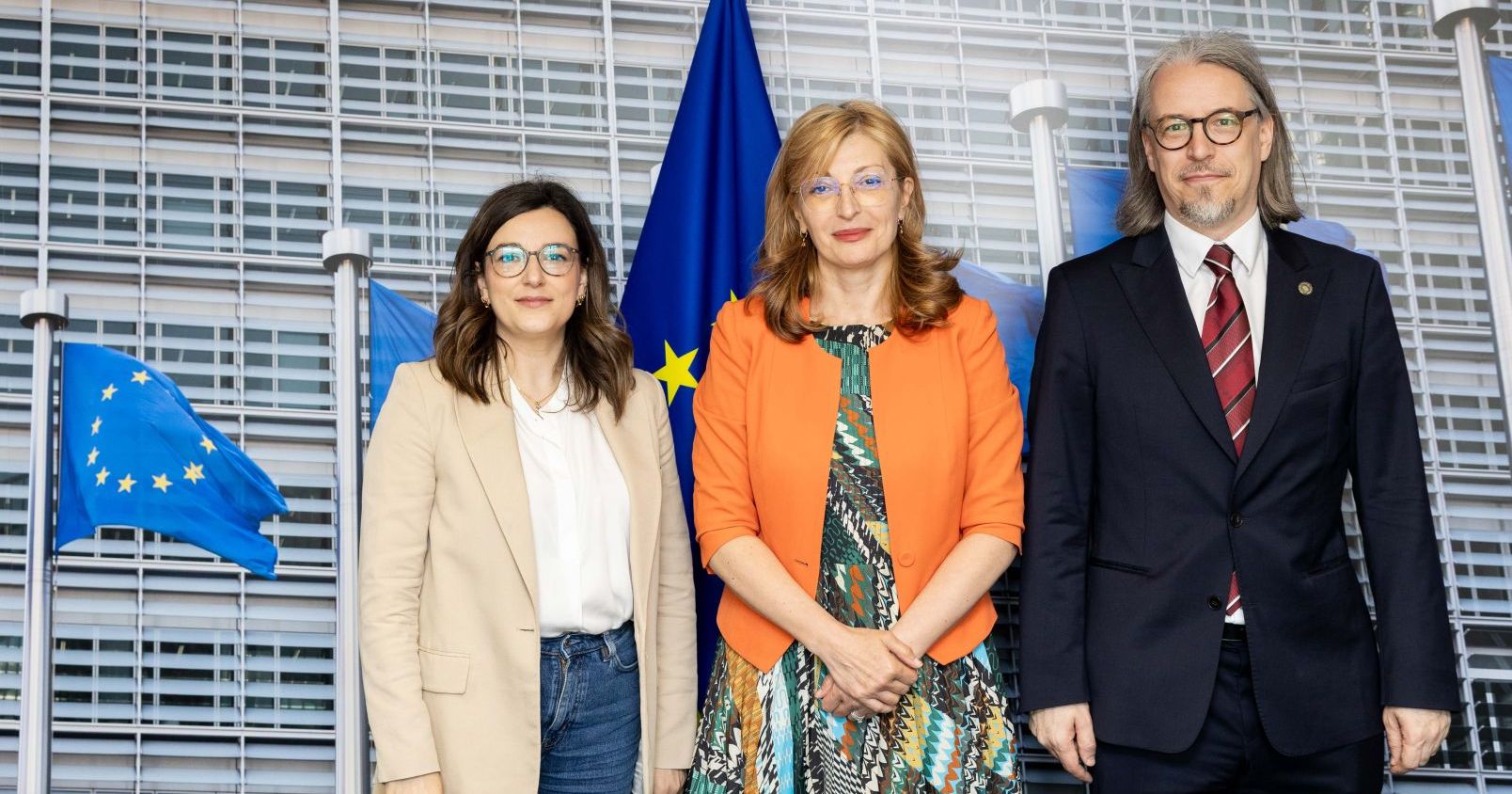 Campus life
Campus life
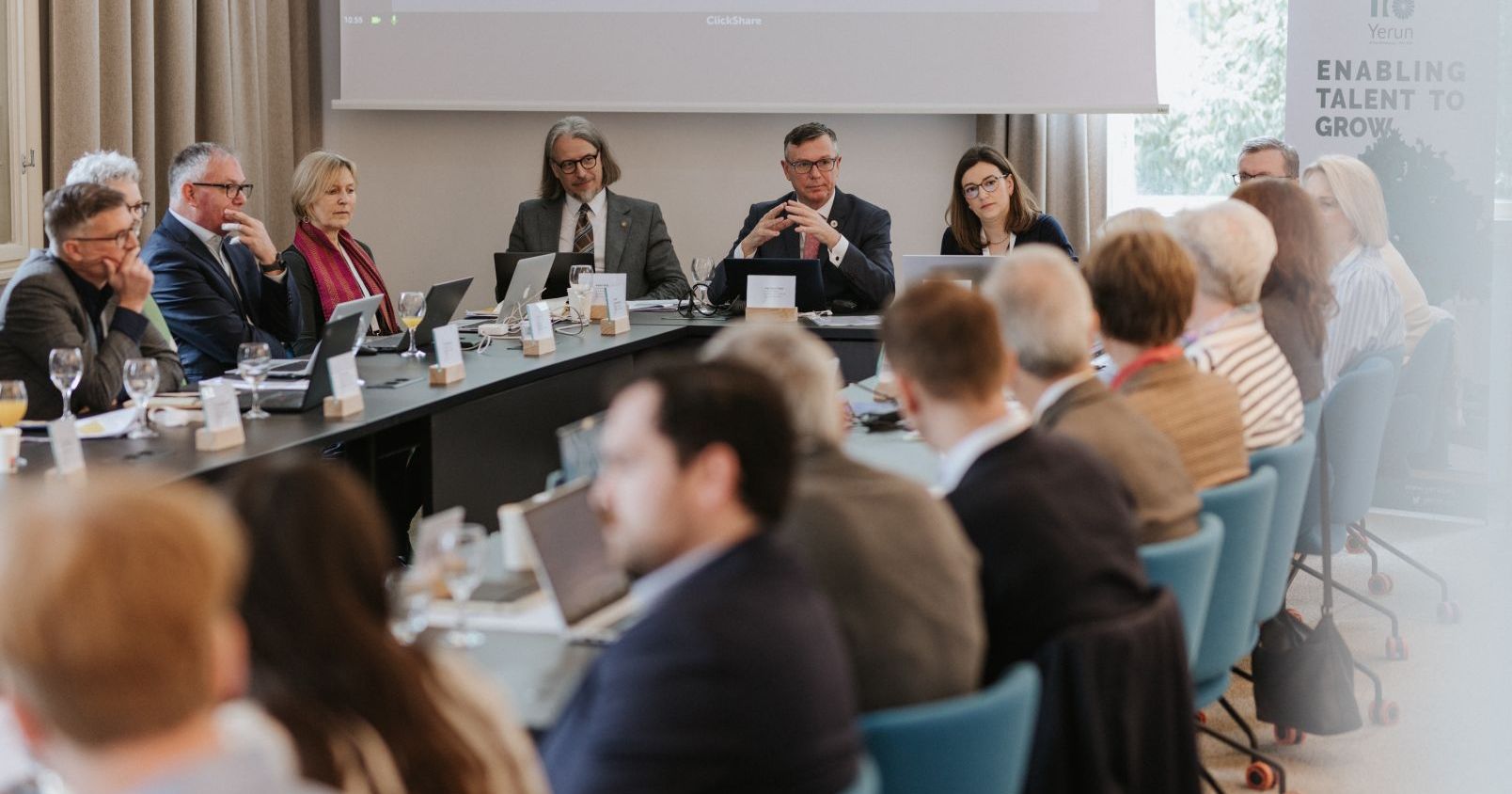 Campus life
Campus life